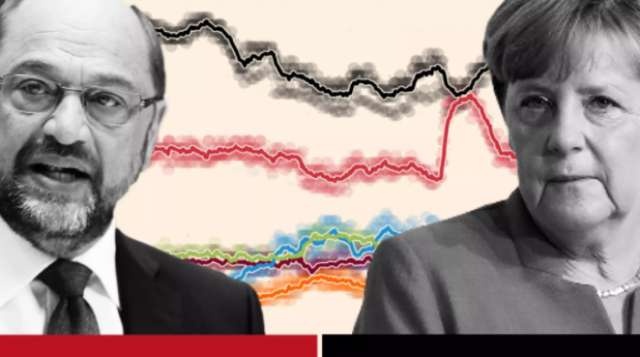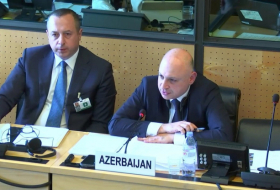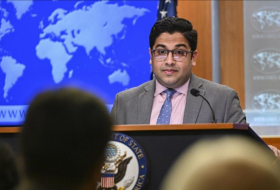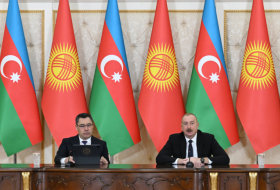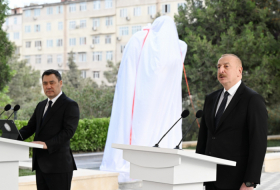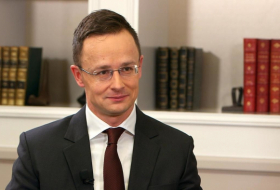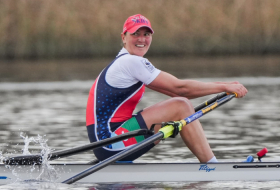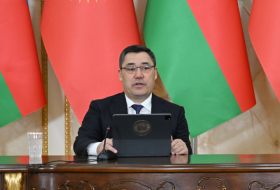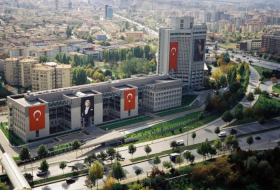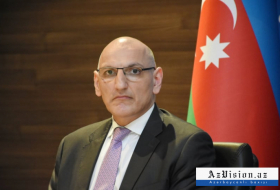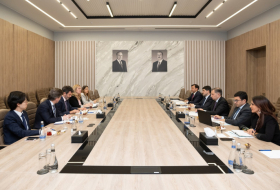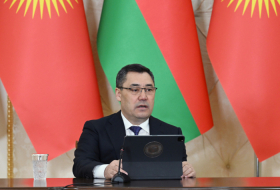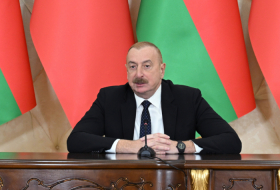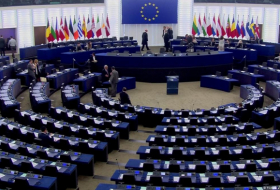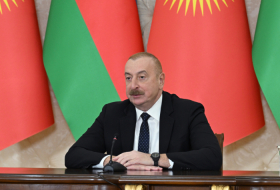About 61.5 million voters are expected to cast ballots, choosing among six major parties. The first results are expected at around 6 p.m. local time later in the day when the polls close.
Angela Merkel is vying for a fourth term as chancellor when Germany elects a new Bundestag on September 24.
The FT’s time-weighted average of seven pollsters’ latest polls of voting intention suggests that Ms Merkel Christian Democratic Union and its Bavarian sister party, the Christian Social Union, should comfortably remain the largest bloc.
But under Germany’s proportional representation system this is unlikely to translate into a majority of seats in the new parliament. How the other parties perform will determine the coalition that forms the next German government.
How the German voting system works
In Germany’s “mixed-member proportional” system, voters make two marks on their ballots: one for a constituency MP and one for a party list.
In the Bundestag, 299 of the seats are reserved for constituency MPs elected on a first-past-the-post basis. The remainder of the MPs come from party lists, allocated to closely approximate the distribution of the party vote in each of Germany’s 16 federal states after taking into account the directly-elected MPs. At least another 299 MPs gain their seats this way, although the number can be higher. The outgoing parliament, for example, had 631 seats.
A further complication is that a party must win at least 5 per cent of the national vote — or win three constituencies — to be included in the seat allocation process.
This complex process results in a seat distribution that is very close to the proportions of the national popular vote won by the included parties.

The parties
The centre-right Christian Democrats, an alliance of Angela Merkel’s Christian Democratic Union (CDU) and the Bavarian Christian Social Union (CSU), have a commanding lead in the polls, but face a serious challenge from the right for the first time in its post-war history.
The centre-left Social Democrats (SPD) enjoyed a surge in support after selecting the former president of the European Parliament, Martin Schulz, as their new leader, but have since fallen back in the polls. The Social Democrats’ slide in the polls now puts them at risk of recording their worst ever performance in a Bundestag election, surpassing its previous record low of 23 per cent in 2009.
The liberal Free Democratic party (FDP) was the junior coalition partner in Ms Merkel’s second term, but narrowly failed to reach the 5 per cent threshold in 2013. It looks set to return to the Bundestag — and possibly government — led by 38-year-old Christian Lindner.
The Green (Grüne) party’s support has been flagging. They should still survive the five per cent threshold, and co-chairs Katrin Göring-Eckardt and Cem Özdemir could even form part of a government, since the party has said it is open to working in coalition with the centre-right.
The Left (Linke) traces its origins to East Germany’s communists and leftwingers who split from the SPD. Its figurehead Sahra Wagenknecht is a polarising figure. The likelihood of the one scenario where she and her co-chairman Dietmar Bartsh could find themselves in government appears to be fading.
The rightwing, populist Alternative for Germany (AfD) looks set to win seats at the federal level for the first time. An uptick in support during the final weeks of the campaign suggests it might even form the third-largest group in the Bundestag. Beset by infighting, the party selected Alice Weidel atop its ticket alongside Alexander Gauland, who represents the party’s “national-conservative” wing, which won a power struggle against party leader Frauke Petry earlier this year.
More about: #GermanElection2017








